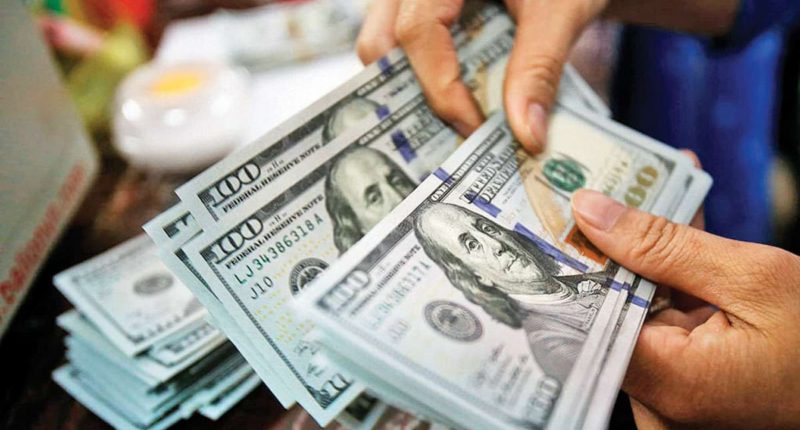According to the Central Bank of Nigeria (CBN), Nigeria’s foreign external reserves closed the month of November 2022 with a net balance of $37.12 billion, a drop from $37.49 billion in October 2022 and $38.28 billion as of September 29, 2022. This means in the last three months; Nigeria’s external reserve has fallen by over $1 billion.
Why it matters
A continuous drop in Nigeria’s foreign external reserves affects the ability of the country’s central bank to retain some gains naira recorded against the dollar. Therefore, the lower Nigeria’s external reserves drops, the more likely CBN considers a devaluation of the naira.
Why this is happening
Nigeria, Africa’s most populous nation and one of the top oil-producing countries on the continent, is facing a plague in oil theft. And this plague has plummeted the country’s foreign earnings majorly gained from export proceeds of oil and gas to other countries. Hence the country’s drop in external reserves.
- Nigeria also funds its external reserves from the sale of Eurobonds and from foreign currency loans requested from the World Bank or the International Monetary Fund (IMF). However, Nigeria has not activated the Eurobond market in over a year.
Looking forward
The Nigerian National Petroleum Corporation (NNPC) recently quoted the country’s daily crude oil production output at 1.59 million barrels per day. And with the recent discovery of oil in the north, if properly exploited and managed, could raise the proceeds from the sector that might translate to higher external reserves.
African scope
Comparing the top African countries with the most foreign net reserves shows South Africa leads the chart with $53.391 billion in November, from $52.193 billion in October. Algeria ranks second, with $50.8 billion as of October 2022. Nigeria comes in third.

